Health is extremely personal — and when we share stories about our health journeys, that can be a game-changer.
When you run a wellness practice, brand, or business, a great way to engage new customers authentically and stand out in the crowd is sharing those personal struggles.
You can be an inspiring, informative, and relatable resource.
We all know your offering isn’t just about products: The goal is to build a culture that can flourish. And that comes from honest, earnest storytelling.
Matt Williams, the founder of FroPro Snack Bar, knows the power of a story. He’s told his own many times. After losing his teaching career due to addiction, he transformed his circumstances: he built his business over 11 years, has maintained sobriety for 14+ years, and is now a leading voice in recovery entrepreneurship.
Today, he talks about the power of sharing personal stories to heal others, build community, and stand out as a business that cares about wellbeing journeys.
Business Leaders Often Hide Their Struggles Instead of Leading with Them
A lot of business owners are using an old playbook. They think they need to seem tough and impenetrable to seem credible and trustworthy — especially if they have a history of addiction, mental health challenges, or professional failures, Williams said.
At first, Williams didn’t really talk about his experience, because he had this misconception.
But when you’re honest and open about your experiences, it’s not a drawback. It’s an opportunity for you to create an authentic connection and market differentiation. He says entrepreneurs don’t realize that customers and employees alike want to see authenticity from leaders, and want to know that company missions are meaningful.
When Williams and his wife were pitching Whole Foods, they started by talking about the FroPro bar. But then his wife stopped, and said that the only reason the bar was made was because of his sobriety journey.
“The whole tone of the room changed,” Williams said. “One of the gentlemen there looked and was like, ‘Tell me more about the story.’” He pulled them aside, and said he related to that journey.
His story also made waves with Foot Locker, a winning film for “Real Lives. Real Runners.” The story of his sobriety journey — tied to his running — aired during the TCS New York City Marathon on ESPN2, and encouraged young adults trying to overcome addiction.
Before Williams shared his story, he was competing with every other snack bar just based on benefits, ingredients, and price — a game where better-funded competitors win. But by sharing an authentic journey, suddenly FroPro offered an honest mission and an opportunity to create deeper relationships with customers, just like he did with that exec.
Build Authentic Market Differentiation Through Story-Driven Community
From there, his story became a competitive advantage that couldn't be copied by larger companies.
All the same, he said, “we've seen people come out years after us and already sell their companies for hundreds of millions of dollars. Sometimes it's disheartening, because we're like, ‘What are we doing wrong?’”
But he didn’t let that stop him. He doubled down on people, and his focus on authentic personal narrative and community building won out.
After all, it’s a different message than most customers hear.
“We're just a bar, but we're more than that, right?” Williams asked. “We're a community of people.” And his company has proven that in their actions, too. They’ve hired a number of great employees who joined as they were beginning their own sobriety journeys.

That’s just one part of building a community-centric business model. Having a space where customers can meet and connect with your mission can go a long way in driving loyalty.
FroPro has a production space that includes an in-house kitchen where they manufacture the FroPro bars, and next door is a gym that houses independent trainers — including Williams — a physical therapist, and just a place to gather. The idea is for it to serve as a community space for clients that can be used for personal training, group fitness, and special events (all services that serve their community).

The combo of transparent production facility — Williams invites people to come see the care they put into their snack production — and community wellness space project total openness and togetherness.
It’s all about mission alignment: Imagine an influencer-backed campaign. That might scale for companies, but the authenticity might fall flat.
Relationships should be genuine, Williams said, not transactional. Customers can tell.
Community and Honesty: The Wellness Industry’s Future
Williams put his vulnerability first, and that worked because, right now, consumers are turning toward authentic brand stories and community connection and away from corporate wellness marketing.
At the same time, the growing recovery and wellness movements (everything from addiction issues to being “sober-curious”) will lead to more market opportunities. At the moment, nearly 30% of Gen Zers and millennials are prioritizing wellness “a lot more” than just a year ago, compared to 23% for older generations. Not just because people are having these issues and curiosities, but also because it’s becoming more and more socially acceptable for people to talk about addiction and mental health in the workplace and other professional settings.
Also, since the onset of COVID, people have been far more vocal about mental health and building authentic community connections — in no small part because in 2020, anxiety and depression rose 25% across the world. Everyone’s seeking likeminded, thoughtful, and honest people and companies. And those companies are the ones they want to champion and support.
Principles for Community-Building with Authenticity
1: Share When You and Your Business Are Ready
“I was not comfortable sharing my story for a while because I still felt ashamed and embarrassed, and I didn't want people to have that stigma,” Williams said. “But you get to a point or a certain age where you're like, ‘You know, it really doesn't matter what other people think of me.”
Personal struggles can be so core for connection, but you should only share them when you’re ready: when you’ve processed them, and feel able to reflect thoughtfully and distantly.
2: Create Systems That Enable Founder Evolution
When FroPro built out their team, Williams was able to take a step back: “It freed me up and gave the responsibility and strength to the other people that were here to do their thing and know what they're doing.”
It’s important to build out operational capabilities so founders can pursue broader mission work (and not stay on the day-to-day grind). That way they can keep building the mission that brought your community together.
3: Leverage Your Transformation to Predict the Industry
The healthier and the more human that companies can become, Williams said, the more he thinks communities around them can come together to support each other and raise each other up.
He taps into his personal recovery experience to anticipate how the market may keep shifting toward wellness and authentic community building.
When they lead with vulnerability and build genuine connections, entrepreneurs like Williams show that authenticity isn't just good ethics — it's good business. It’s all part of cultivating a movement and community that shares values and champions your mission and products.
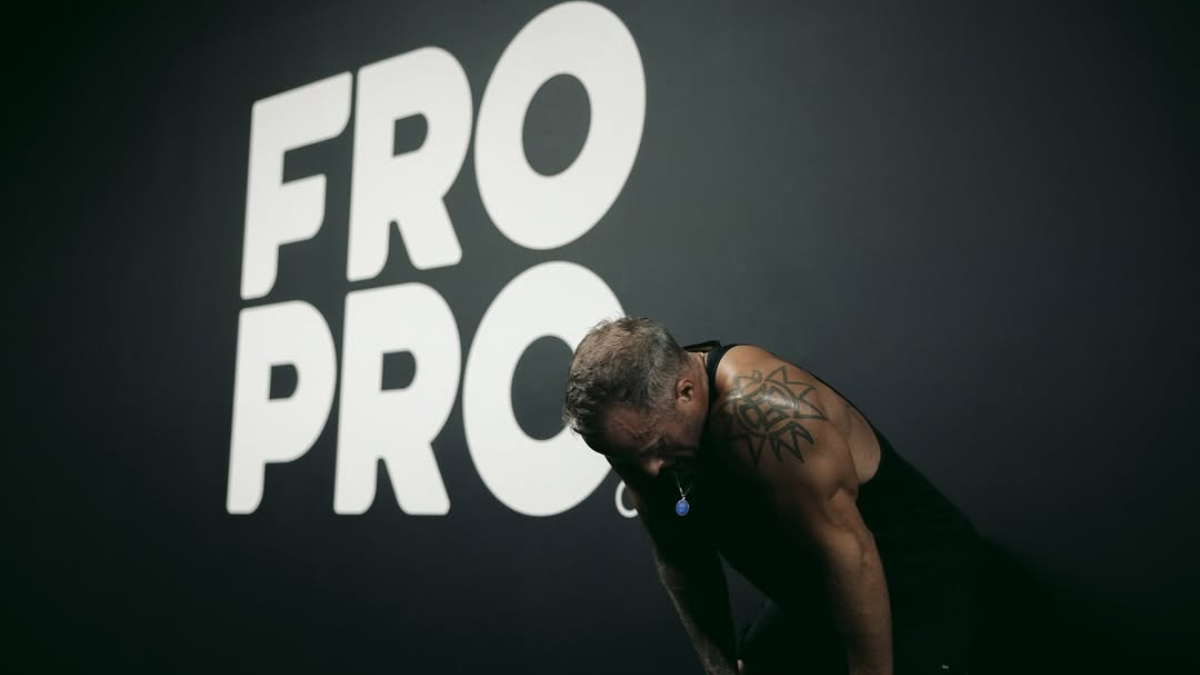
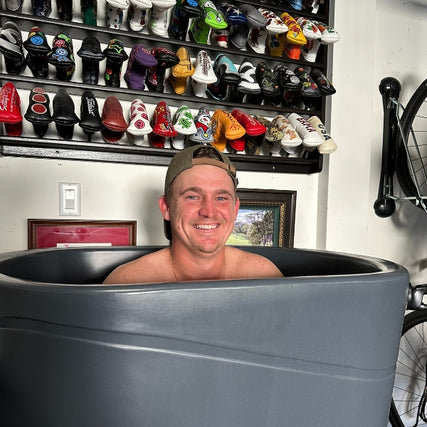

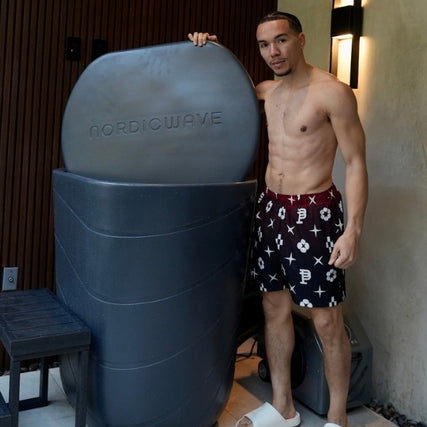
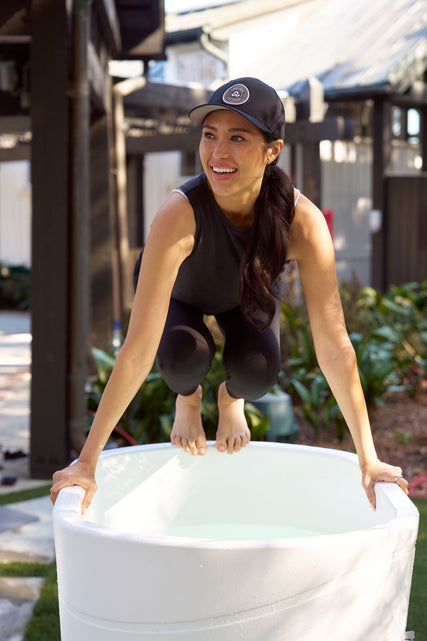
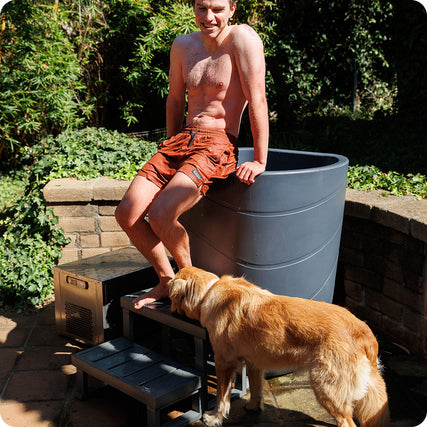
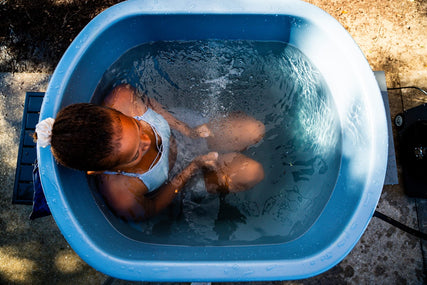
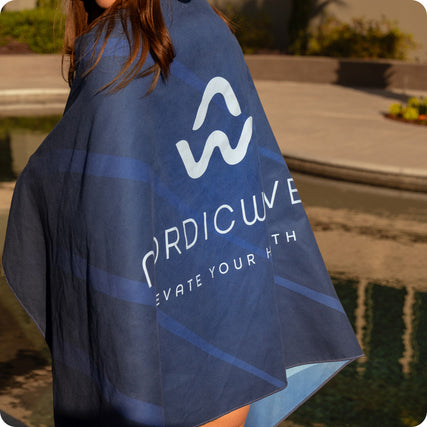
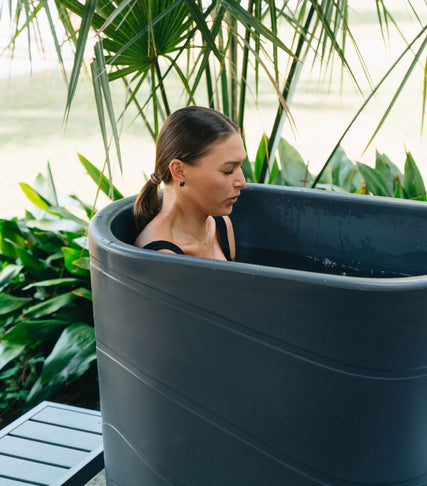
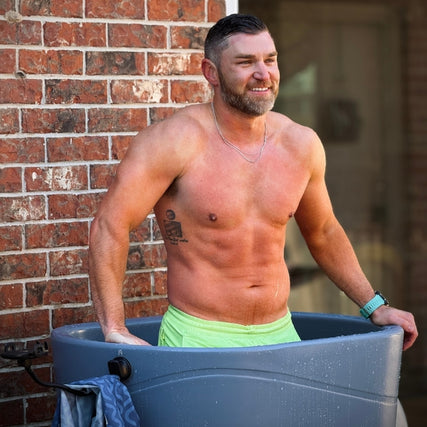
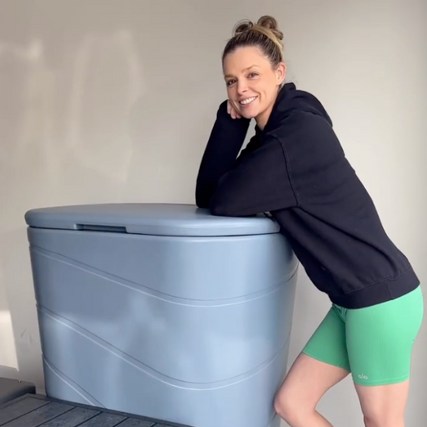
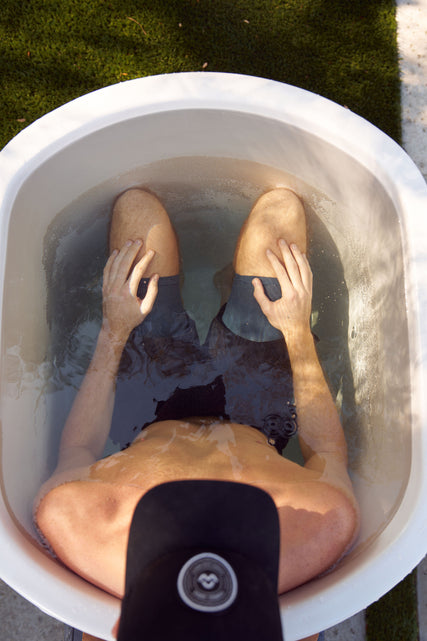
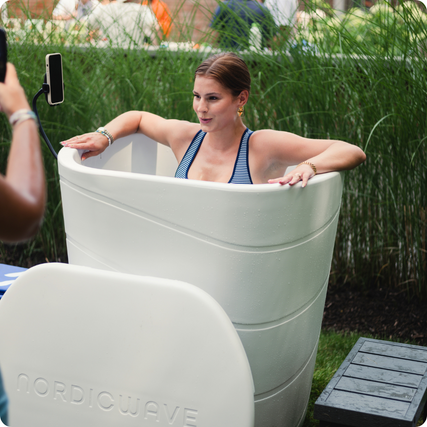
Share:
Which Viking Cold Plunge Is Right for You?
How Luma’s Founder Built a Water Bottle Business on Behavior, Not Trends